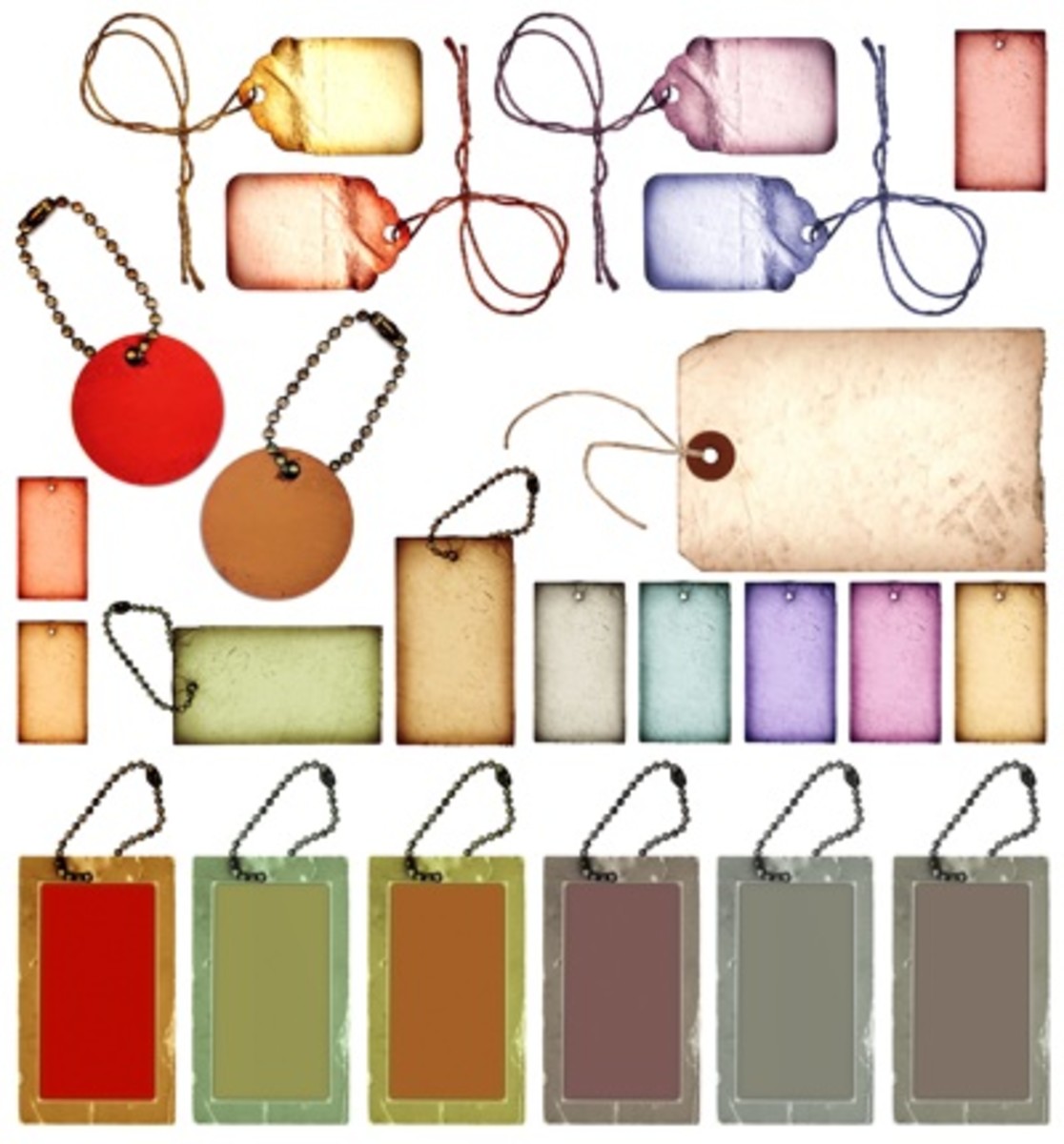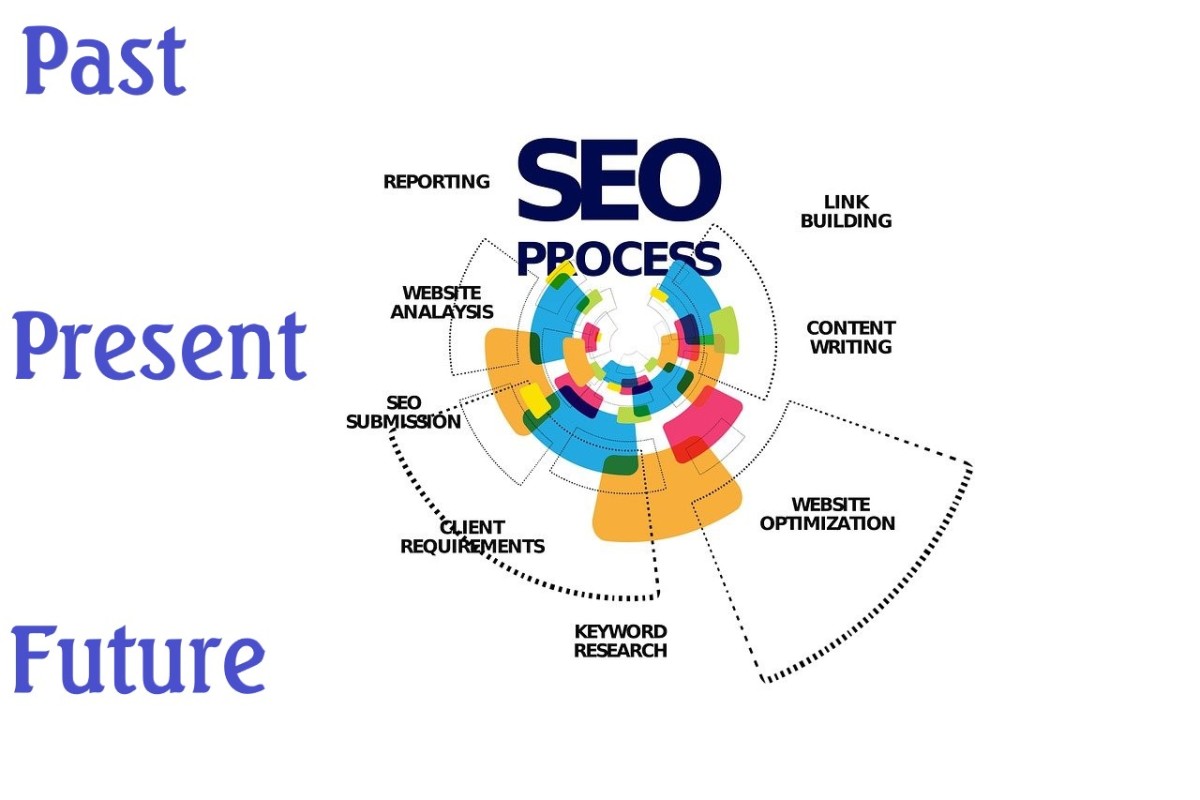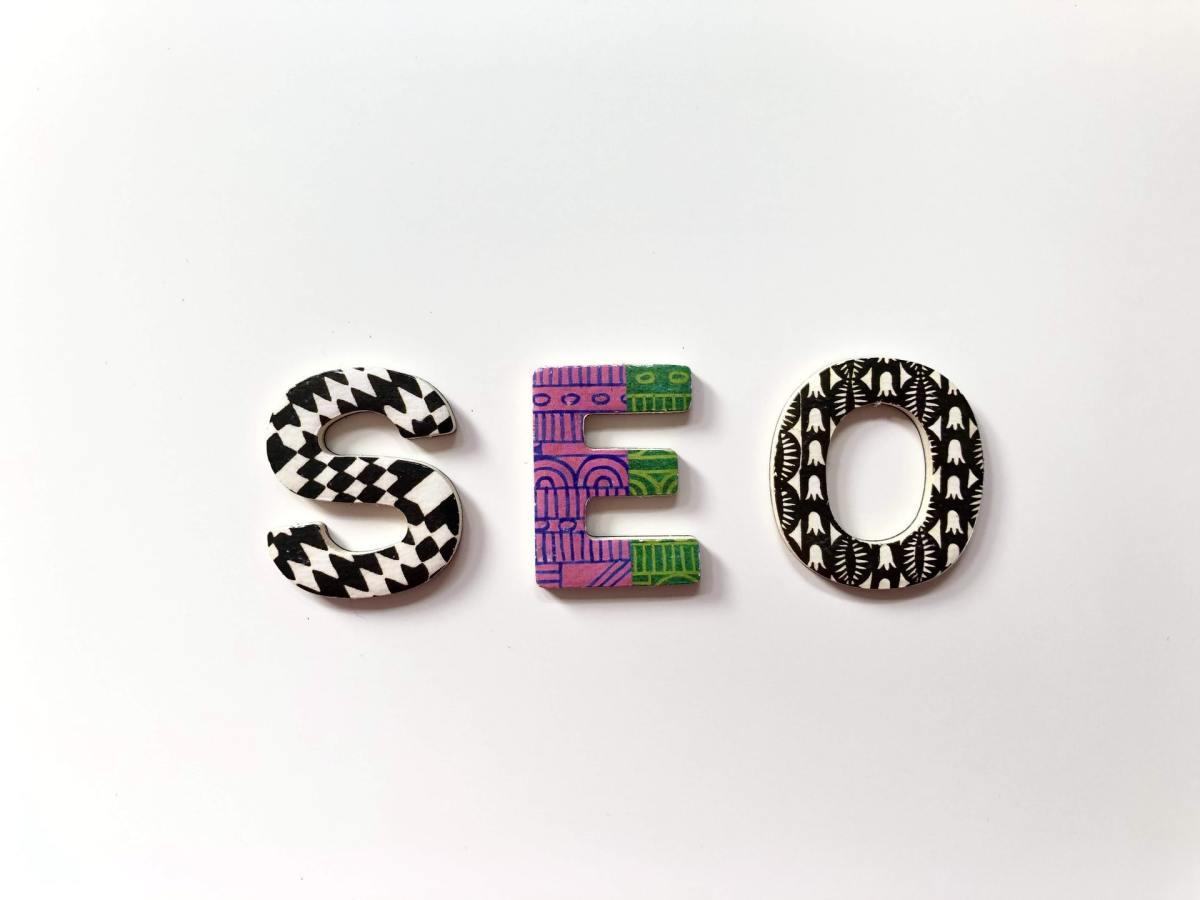- HubPages»
- Business and Employment»
- E-Commerce & How to Make Money Online»
- Search Engine Optimization
The Benefits of Placing Keywords in ALT Tags

What are Keywords and Their Role in SEO
Keywords are the basic building blocks of any SEO strategy. These are the words or phrases that internet users type into search engines to find the specific topic they are searching for. The logic here is that the more optimized your site is with these special keywords, the more likely your pages will show up in the top search engine results.
Keywords, however, are fought over by competing web marketers who wanted the ones that will earn them the most number of returns. This is teh reason why people spend hours searching for those highly competitive keywords. And once they have found the, it's time to get down to the nitty gritty of creating content centered around these keywords.
Each of the articles and blog posts they write will surely include these keywords. Each of the links they create will have the keywords in the anchor text. But how about the images on a page? They are all part of the page content, right? How does one optimize them? The answer to these questions is found in the image attribute called the ALT tag.
How To Optimize ALT Tags
ALT tags are used originally for informing webpage visitors what the image is about. This is in case the image loads slow due to several factors: the size of the image, the number of images on the page, the length or size of the page, the memory space available in your PC, and the speed of the internet connection. No matter what the cause of the slow loading of the page placing descriptions of the images inside their ALT tags will tell readers what they show.
But for the purposes of optimizing your page for your targeted keywords we can make use of the ALT tags. When you formulate your descriptions for your images make sure to include the keywords you are using to optimize your site. Also place a variety of these keywords' synonyms into the ALT tags of the images.
Limit your description, however, to a maximum of 20 words. These do not necessarily include the stop words the, and, is, of, for, in, at, or, etc. These are not read by search engines and are often ignored during a search query unless commanded to include them through a plus sign (+) search operator.
Basic HTML To Format Your ALT Tags
For those uninitiated into HTML coding here is a brief lesson for you. This is how you should format your ALT tag descriptions:
<a href="http://www.download.com/keywordresearchsoftware/" title="Downlaod page for the Keyword Research Sofwtare"><img src="http://www.yoursite.com/yourphoto.jpg" alt="keyword research software"/></a>
Notice that I have wrapped my image in a link to make it clickable. More than that I have created an opportunity for me to optimize not only the ALT tag but also the TITLE tag for the link. I have included my targeted keyword phrase "keyword research software".
We need to remember, however, that to optimize effectively we shouldn't resort to keyword stuffing. This is a Black Hat SEO technique that major search engines, particularly Google, abhor. If you are going for effective optimization try placing your targeted keywords as near as possible to the beginning of your ALT tag sentence.
Benefits of Keyword Placement in ALT Tags
The benefits of keywords in ALT tags are few actually. The most important places that keywords should be found aren't in ALT tags for images or TITLE tags for links, but inside the PAGE Title tag and the META tag for description right in the beginning of any webpage document. They are the kind of information the search engines make use of that's why they give such a higher importance on those areas.
But if you can not edit your webpage's Page Title or its meta tags then the next best thing for you to do is to optimize your articles or blog posts for your targeted keywords. And one way is to insert keywords in ALT tags for the search engines. This is because the search engines only read text on any webpage. They can not read images or videos or any embedded object like Java applets or Flash-based objects.
Your images will also be optimized for Google's or Yahoo's image searchif you place keywords inside their ALT tags. An internet user who searches for images and clicks on an image found on your site becomes a possible return visitor. The image's link opens a new window where the page on which the image is found is opened. This page in effect becomes a landing page. In fact any webpage on your website can serve as a landing page.








